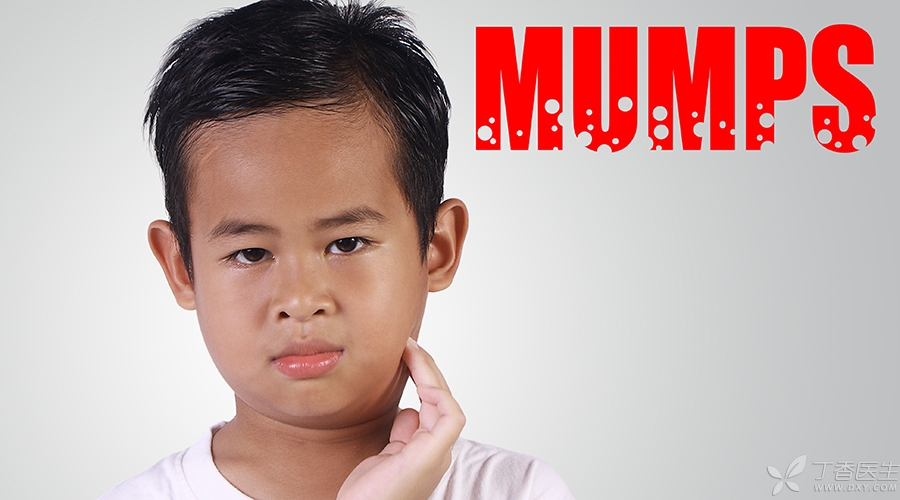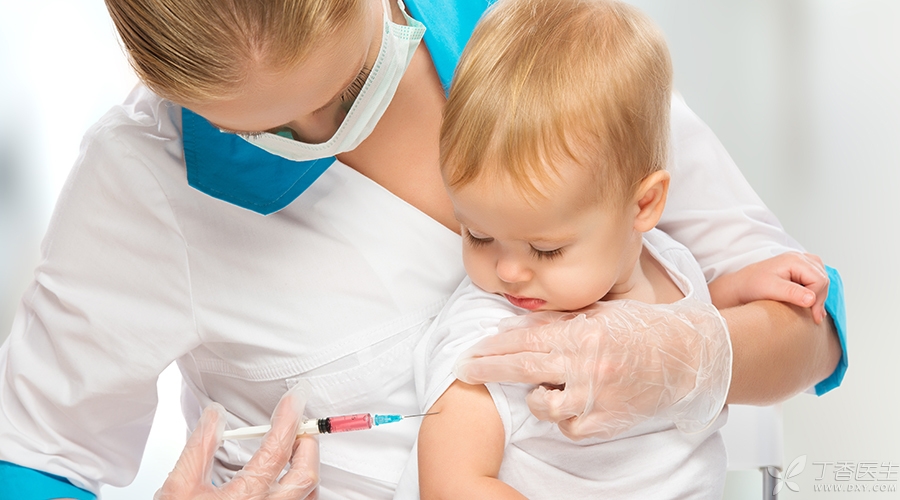
When it comes to mumps, many parents may know something about it, and even some of them had it when they were young. The swollen and painful cheeks on one or both sides lead to a sharp drop in facial values and difficulty in eating. I am afraid it is the deepest memory of mumps.
But do parents know? Mumps sometimes does not only have swollen gills. If boys get it, it is also possible that [balls] will also swell up, causing infertility.
Today, Dr. Clove will talk to your parents about mumps.
Is what mumps?
Mumps is an infectious disease caused by virus, the most prominent feature of which is to cause parotid gland swelling.
Mumps most often occurs in children and adolescents aged 5 to 14 years old. It is mainly transmitted by droplets or directly comes into contact with objects contaminated by saliva of infected persons. Sometimes a sneeze or even a [breath] of the other party may cause infection.
Since the vaccine was born, mumps is no longer so easy to get, but some children are still infected every year.
Have what symptoms after infection?
The most common symptom of mumps is naturally swelling of the parotid gland, which feels painful when touching or eating. The parotid gland is located on both cheeks near the ears, and its main function is to secrete saliva, so it will feel particularly painful when eating some sour foods such as orange juice.
In addition to parotid gland swelling and pain, there may be other symptoms:
- Fever, headache, muscle soreness, fatigue, weakness, loss of appetite, nausea, vomiting, swelling and pain of joints. If it is a boy, there may also be swelling and pain of testis.
Typical symptoms of mumps usually occur 16-18 days after infection. Infected children are already infectious 1-2 days before parotid gland swelling, and the infectivity can last until about 5 days after swelling.
However, not all children infected with mumps will have obvious symptoms. About one third of the children have very mild symptoms or even no symptoms.
Most children can recover within a few weeks.

What should I do if I get mumps?
At present, there is no effective what treatment for mumps. Drink more water and use some painkillers, such as acetaminophen, to relieve symptoms when necessary.
After getting mumps, the most important thing is to recognize the symptoms of parotid gland swelling, and to do a good job of isolation after confirmation to prevent infection to others.
Although mumps itself does not cause very serious symptoms, but in a few cases may occur some serious complications. We should be alert to these possible complications. If we find corresponding symptoms, we must treat them in time.
1. Meningitis
About 10% of patients may suffer from meningitis. If meningitis is suspected, they must go to the hospital immediately.
2. Orchitis
Adolescent boys are prone to orchitis after contracting mumps, which is generally not very serious, but orchitis can lead to infertility in a few cases.
3. Mastitis or ovarian inflammation
Adolescent girls may be complicated with mastitis and ovarian inflammation after contracting mumps, which has not been found to affect girls’ fertility.
4. Deafness
Mumps may also affect children’s hearing, causing temporary or permanent deafness.
Got mumps, how to nurse?
If the child has mumps, parents can not only wait for the child to recover slowly, but also make the child more comfortable according to the following methods.
1. Ensure that the child can have enough rest, let the child have a good rest first, and put aside the idea of delaying class.
2. Prepare soft food for children that is easy to swallow and chew, and don’t prepare food with obvious sour taste.
3. Let children drink more water to prevent dehydration.
4. If it is found that the child’s symptoms are aggravating, especially when he has stomachache, especially weak strength, or when the boy has [egg] pain, he must go to the hospital in time.
The most important thing is prevention
There is no effective treatment method for mumps in what. The most effective method is to prevent mumps by injecting mumps triple vaccine.
In our country, the first dose of mumps triple vaccine is generally arranged for 18-24 months and the second dose is arranged for 4-6 years old.
Some parents may worry about the safety of vaccines.
As a drug, vaccines have the possibility of some adverse reactions and side effects, but this possibility is very low, and most children injected with vaccines will not happen.
Side effects of vaccination are usually very mild, such as fever or rash. Severe side effects are very rare, including convulsions caused by high fever (1/3000 incidence), transient pain and joint stiffness (usually occurring in teenagers and adults).
If parents choose not to vaccinate their children because they are worried about some serious side effects with extremely low incidence rate, this is tantamount to allowing their children to enter the wilderness where wild animals may appear at any time without any protection, which will put their children in greater danger.
Vaccination on time is the greatest protection for children.
Copyright of Clove Garden. No reprinting is allowed without permission.
